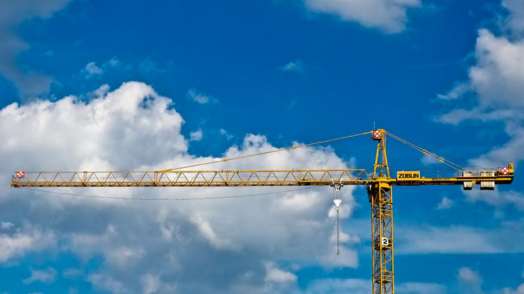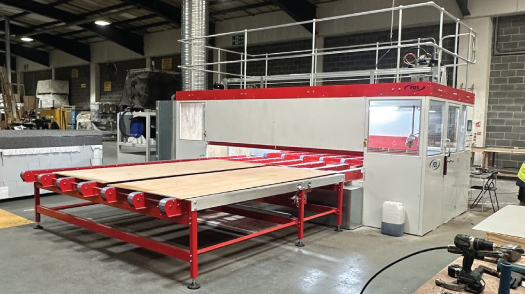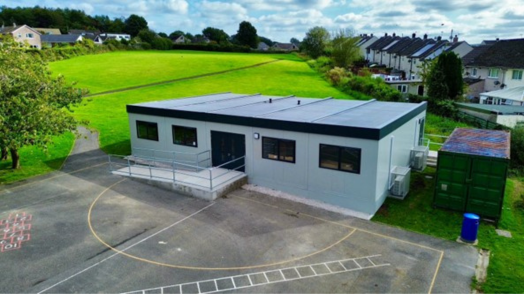Contact our friendly team for more information on our full range of buildings and how to start the process of hiring or buying a modular building for your business. Our expert team is always available to give advice, guidance or support.
Published: 11 January 2019 in Industry News
How Offsite Techniques Can Ease Construction Industry Concerns

Construction is arguably one of the most important industries in society; an essential element for the growth and sustainability of every community. As such, it is crucial that the methods and techniques used within the sector are routinely developed to ensure they can keep up with the increasing demand.
Enabling change is always a difficult process. It therefore comes as no surprise as fresh concerns from industry professionals arise, primarily focused on the sector not keeping up with market demand. In this blog post, we will look at how offsite construction can help alleviate some of these concerns.
What are construction industry professionals apprehensive about?
As an exploration into the views of SMEs in the construction industry, the Federation of Master Builders State of Trade survey is a quarterly survey which collects between 300 to 400 responses from companies across the UK. The survey, which has run for more than 20 years, assembles the data in an attempt to monitor key indicators within the UK construction industry. Part of survey allows professionals to lay out their primary concerns in terms of areas which are currently affecting the sector. In its most recent survey these areas included a lack of skilled workers, cost of materials and delivering projects on time and on budget.
The traditional techniques used within the industry can attribute some of responsibility for the prominence of these concerns. With traditional methods, assembling a structure onsite leaves the workforce at the mercy of the weather which can result in developments missing completion deadlines. Delays due to weather may require more materials to restore the development, also resulting in the project going over budget. In addition, if the industry workforce is not upskilled in more modern techniques the sector is left with a lack of qualified workers.
Enter offsite construction.
How can offsite construction provide a solution?
As experts in the field, Springfield is all too familiar with the advantages of offsite construction techniques. Our manufacturing process takes place in out ISO-approved factory. This 40,000 square foot space provides the perfect environment to deliver our bespoke service, developing your project from its initial idea to the final assembly. The offsite methods we employ mean we don’t have to consider the weather as a limiting factor to the project. We can construct each element of your building in a controlled and stable environment, where our unrivalled workforce can direct their efforts most effectively. This environment also allows for some of the resources used during construction to be recycled.
Taking the benefits of this method into account, it is clear to see how offsite construction can help to alleviate, or at least begin to contribute towards reducing the primary concerns held by those working within the industry. The ability to control the environment in which we assemble our projects allows for greater control when meeting time and budget targets. Offsite construction allows Springfield to provide what we believe to be the most flexible service in the market: an unrivalled holistic approach to your development’s requirements.
If you would like to find out more about the building types we offer or the buildings we have to buy or hire check out our website, or call 01744 851958.









